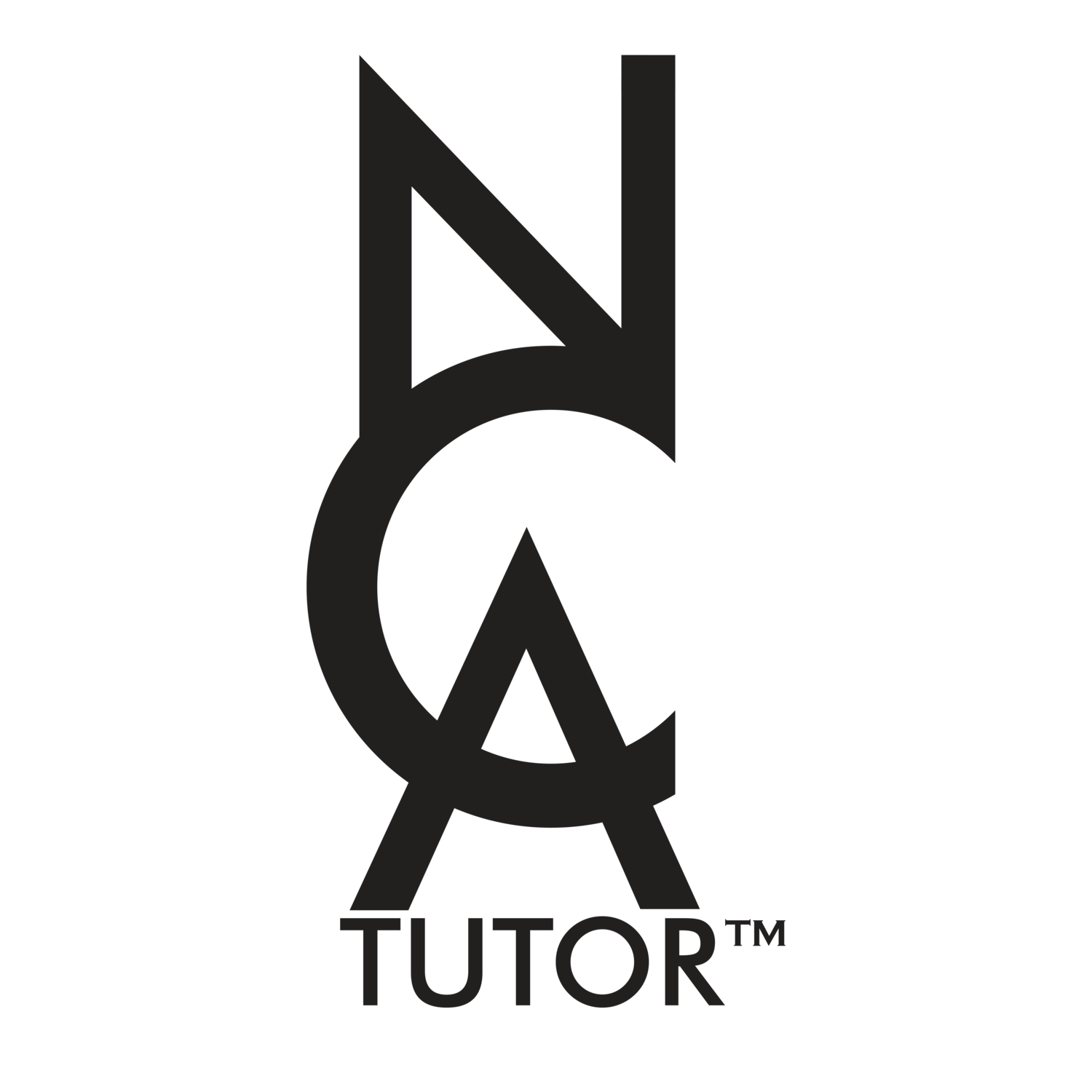The Supreme Court rules that a part of the Criminal Code that allows for repeated 25-year parole ineligibility terms in circumstances involving multiple first-degree murders is unconstitutional.
Read moreThe Supreme Court restores an Alberta man’s acquittal for attacking a woman while in a state of automatism.
Matthew Brown drank wine and took "magic mushrooms" at a party in Calgary, Alberta on January 12, 2018. Psilocybin, an illegal drug that can produce hallucinations, which is found in mushrooms. Mr. Brown lost his sense of reality, fled the party, and physically assaulted a woman inside a nearby residence. As a result of the incident, the woman has lasting injuries. When Brown broke into another house, the residents alerted the authorities. Brown claimed he had no recollection of the events.
Read moreThe Supreme Court confirms a man’s acquittals and the Court of Appeal’s order for a new trial for another man in cases involving automatism.
David Sullivan and Thomas Chan, both from Ontario, committed violent crimes while heavily drunk from substances they had taken voluntarily. Although the two incidents are unrelated, both men claim that the pills put them in a state of "automatism", where someone claims to have lost entire control of himself due to intoxication or impairment.
Mr. Sullivan became inebriated after taking an overdose of prescription medicine and stabbed his mother with a knife, seriously wounding her. He was accused with aggravated assault and assault with a weapon, and several other offences.
Read moreNCA Administrative Law Exam results are have been released!
Many of you have been anxiously awaiting your results for you administartive law exam. The wait is finally over and congratulations to everyone who wrote and passed their exams.
If you worked with one of our tutors or attended one of our classes, please remember to email us with your results at info@nca-tutor.com.
We would love to hear from you and how you did.
"I'm not good at typing, can I choose to write my NCA exams in person"
Since the NCA announced that they will be proceeding with the online exam format, it is highly unlikely that they will return to in-person exams. Though this is great news for canadidates located in other countries that do not have testing centres, it is definetly nerve wrecking for students that are not proficient in typing. We recommend that you learn to touch-type. Touch typing is a method of typing without the use of the sense of sight, or simply by feeling the keyboard. This way, the fingers get so used to typing that they instinctively go to the appropriate keys without you having to see or even feel around the keyboard. If you spend about 5 mins a day, you can become proficient within 3-4 weeks.
Try one of these free touch-typing tools to better your proficiency in typing:
- Typing Master - https://www.typingmaster.com/?irgwc=1
- Typing.com - https://www.typing.com/
- Ratatype - https://www.ratatype.com/learn/
- RapidTyping - https://rapidtyping.com/downloads.html
- TypeLift - https://www.typing.academy/
The Supreme Court rules the delay for the retrial of a Quebec father charged with multiple sex offences was reasonable.
David Sullivan and Thomas Chan, both from Ontario, committed violent crimes while heavily drunk from substances they had taken voluntarily. Although the two incidents are unrelated, both men claim that the pills put them in a state of "automatism", where someone claims to have lost entire control of himself due to intoxication or impairment.
Mr. Sullivan became inebriated after taking an overdose of prescription medicine and stabbed his mother with a knife, seriously wounding her. He was accused with aggravated assault and assault with a weapon, and several other offences.
Read moreThe 2022 Supreme Court of Canada Appointment Process
The process to select justice of the Supreme Court of Canada has begun to fill the vacancy created by the upcoming retirement of Justice Michael J. Moldaver ([view Prime Minister's press release][1]).
Read moreJOIN OUR INDEXING GROUP!
We are still looking for a few more group members to join our indexing team. If you are interested, email Tiffany at tiffany@lexpd.ca. We look forward to hearing from you.
We are coming to the UK
Calling all law students in the UK. Global Lawyers of Canada are hosting "A Pathway to Canada: Success Post-LLB", a two-day event hosted at the University of Birmingham.
Read moreWe are pleased to announce our partnership with HigherEdPoints!
We are pleased to announce our partnership with HigherEdPoints. HigherEdPoint helps students fund their NCA Tutor™ studies by converting their Aeroplan/ TD / CIBC Aventura points and American express rewards into funds.
Read moreNCA Foundations of Canadian Law Exam Results Released Today!
Congratuations to everyone that has passed their exam. Please remember to e-mail us your results. We are anxiously awaiting all of your replies.
For all of you who are now done with the NCA process, please do keep in touch and let us know which area of law you end up practicing in.
All the best,
Liran
Planning for the NCAs in 2022
2022 NCA/Law Graduate Calendar: Everything You Need to Know for the Year Ahead!
If you are studying law abroad, chances are you may be slightly disconnected from the recruitment flurry happening here in Canada. But don't worry, NCA Tutor has you covered. To make sure you don’t miss a thing, we've put together a very comprehensive calendar of deadlines and activities you should be preparing for from February 2022 until January 2023!
Read moreNCA 2022 Exam Schedule Is Out!
The much anticipated, 2020 NCA Exam schedule has now been released by the FLSC!
Read more



